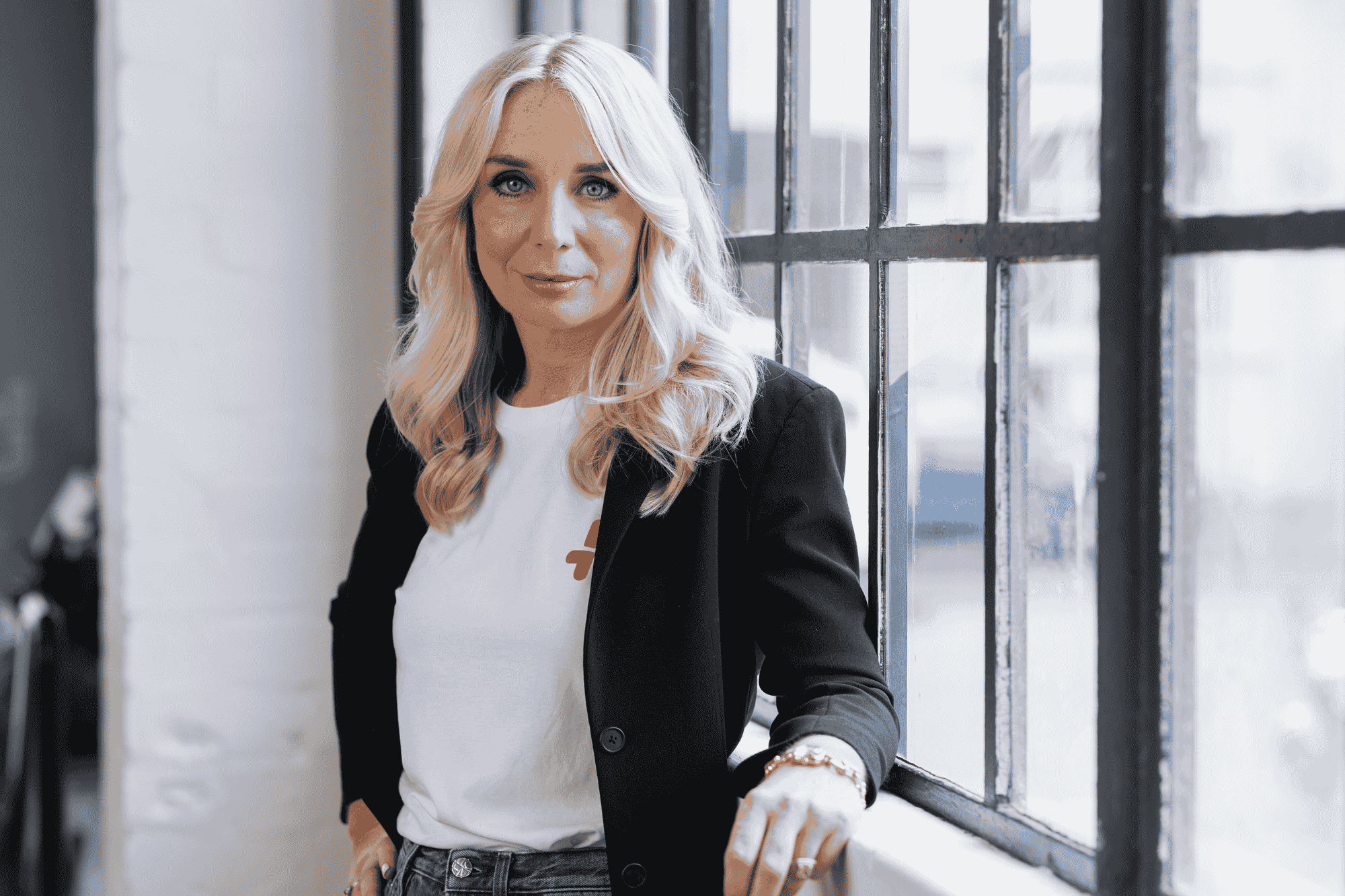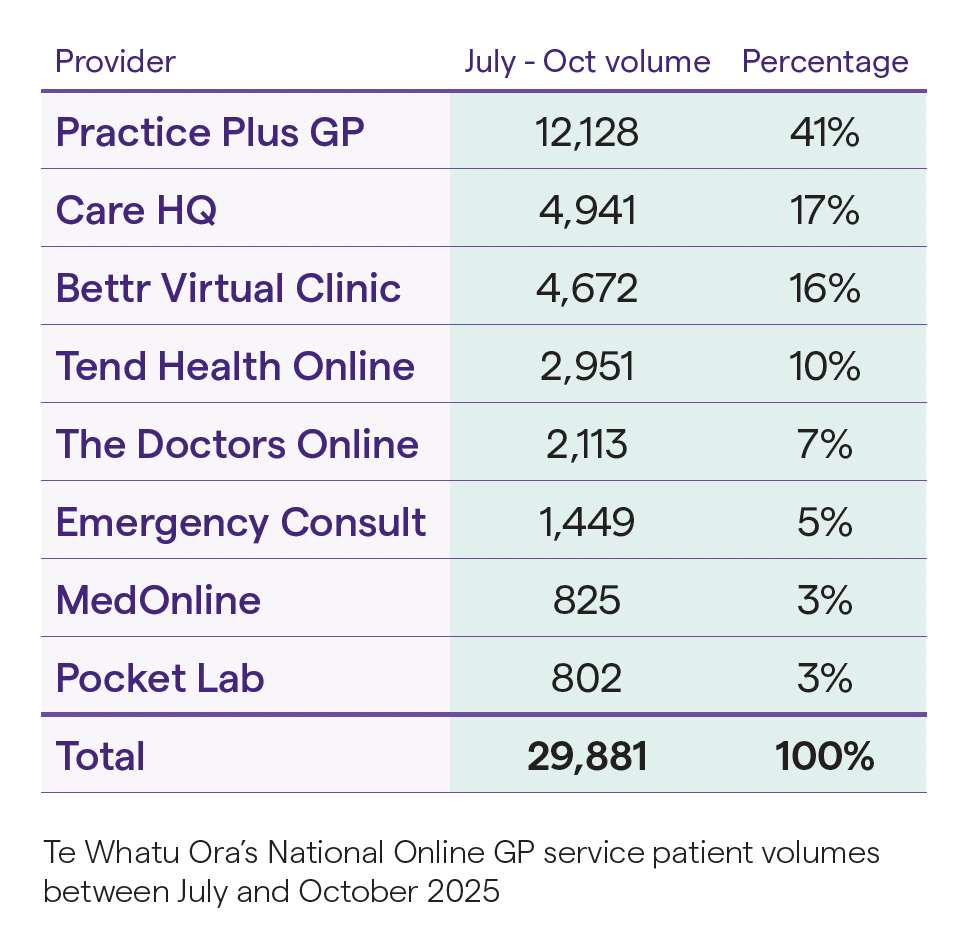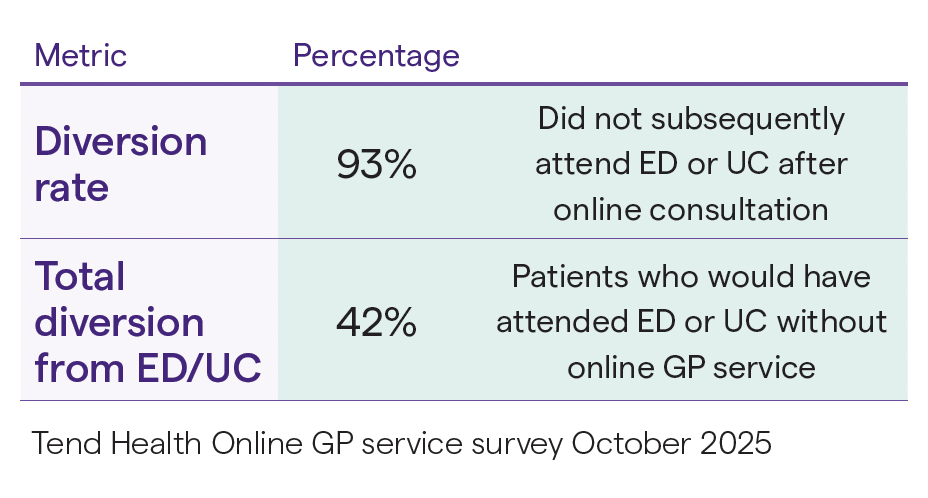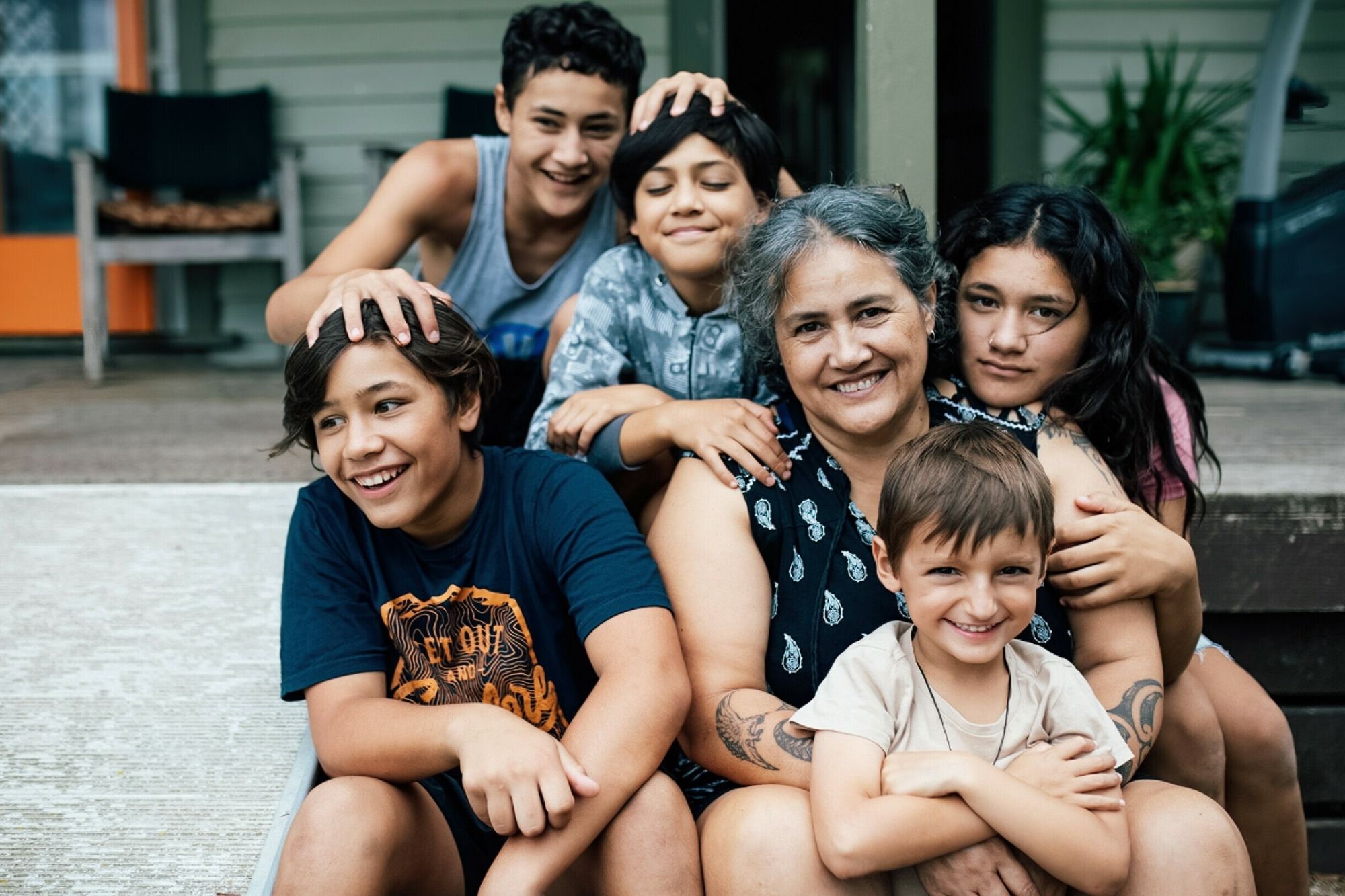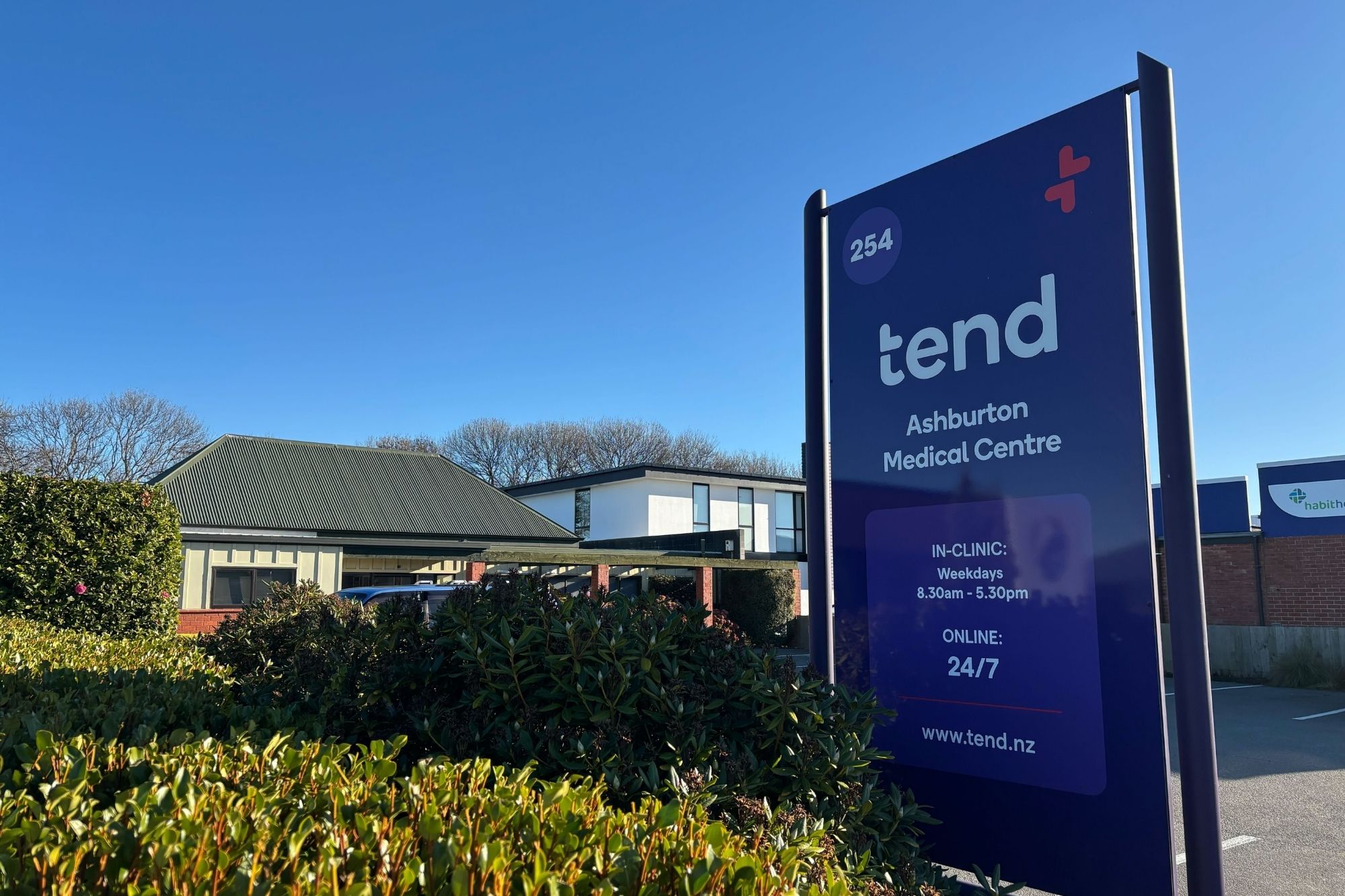1 November 2025
Opinion as featured in New Zealand Herald
Labour’s proposal to make GP appointments free for all New Zealanders has reignited an important debate about what’s really broken in our health system and what will genuinely fix it. The intent, to make healthcare more affordable and accessible, is absolutely right. We all want a system where cost isn’t a barrier to care.
As someone who grew up in Sweden, I fundamentally believe in the power of taxation and the return it can deliver for society when spent well. I’ve seen how strong social infrastructure, funded by tax, can transform public wellbeing and opportunity. But spending must follow strategy and outcomes.
Without addressing the deeper structural issues, workforce shortages, outdated funding models and an overstretched system, we risk embedding the very problems this policy hopes to solve. Free appointments might sound compassionate, but they won’t fix what’s driving the crisis. If anything, they could freeze innovation, worsen wait times and unravel the progress already improving access across the country.
The experience of the NHS is a cautionary tale: free access paired with poorly designed wait-time targets has led to long delays, clinician burnout and a system chasing numbers instead of improving care.
Healthcare systems are complex, and simple solutions rarely fix complex problems. No one disputes that affordability is a real issue. But if the goal is to build a sustainable, equitable health system, we need to ask what we’re really trying to fix and whether “free” gets us there.
GenPro, which represents general practice owners, has welcomed Labour’s focus on access but warned that design matters. As GenPro chair Dr Angus Chambers put it: “We support making access easier to general practice, but whether three free visits a year for the entire population is the most sensible way to spend the money and reduce the barriers to access with, I’m not convinced of.” His caution is well placed.
There are at least five reasons to consider before assuming that “free” automatically means “better.”
1. How can we make GP visits free when there simply aren’t enough GPs?
New Zealand is already facing a severe shortage, too few doctors, too much demand and a workforce that’s aging, burning out and leaving the profession faster than we can replace it. Making appointments free doesn’t solve that; it simply floods a system already under pressure.
Labour’s proposal would add an estimated 4.5 million extra GP appointments every year, a huge increase in demand that can’t be absorbed by a workforce this stretched. Basic economics tells us that when you remove price but don’t increase supply, demand surges and something has to give. In healthcare, that “something” is wait time.
When every appointment is free, people naturally book more, even for issues that could be safely managed by a nurse, pharmacist or through digital triage. We also tend to see more of the “worried well”, people seeking reassurance rather than treatment, who understandably take advantage of a no-cost system. That’s not a criticism of patients; it’s human nature.
That’s why it’s encouraging to see thinking around funded triage and digital pathways. But the real challenge lies in delivery. Without meaningful investment in new models and smarter prioritisation, clinics will remain stretched too thin to reach those who need care most. That’s not equity; it’s rationing by default.
It’s also worth remembering that one in five GP clinics aren’t enrolling new patients because they’re already full. If that’s the reality now, what happens when every appointment becomes “free”? Leave this unresolved, and we risk creating a two-tier system: those with existing GP relationships benefit, while those without are locked out altogether.
Even in Sweden, one of the most equitable health systems in the world, GP visits aren’t free. Co-payments exist to help manage demand and maintain sustainability.
2. Are we targeting funding where it’s needed most?
Universal “free for all” policies sound fair, but often aren’t. True fairness means targeting help where it’s needed most, not subsidising those who can already afford care. Wealthy New Zealanders don’t need free GP visits. But those on low incomes, Māori and Pasifika whānau, Community Services Card holders and people aged 65 and over managing multiple health conditions do.
That’s where targeted investment can make the greatest impact. It should start with the basics: cervical screening and smears free when delivered by appropriately trained nurses; cardiovascular and diabetes management free when led by advanced nursing specialists (CNPs and DNPs); and immunisations and other preventative care free for all. These are the foundations of a healthier population, the right care, delivered early, by the right clinician.
Broad, untargeted funding might feel equitable, but in practice it can make access less fair and widen existing inequalities. If we’re going to invest billions, we should invest where the return is greatest, in the whānau, families and communities for whom cost is still a real barrier. Every dollar spent there makes a measurable difference in lives saved, hospital admissions avoided and health outcomes improved.
Blanket funding risks spreading the system too thin, forcing providers to deliver more with less and potentially worsening access for the very people the policy aims to help. A universal approach also risks repeating the mistakes of early childhood and tertiary education funding, where “free” policies benefited those least in need and left providers underfunded.
If affordability is the target, the solution isn’t to remove cost for everyone, it’s to remove it for those who need it most.
3. Are we reinforcing an outdated model of care?
The traditional 15-minute GP appointment was built for a different time, when most visits were short, straightforward and about treating single issues. Today’s reality is very different. People are living longer, managing multiple long-term conditions and needing support that spans physical, mental and social wellbeing.
A 15-minute slot can’t deliver continuity, prevention or the kind of complex care that many patients now require. Yet our funding model still rewards throughput over quality, volume over value.
If the goal is genuine access and better outcomes, we need to modernise how care is delivered, not just make the old model free. That means funding structures that support continuity, where patients can build trusted relationships with their primary care team, and enabling longer consultations where appropriate.
Evidence shows that continuity of care delivered by a consistent, connected team reduces hospitalisations and improves outcomes, particularly for people with chronic conditions. Free appointments risk embedding a short-term, transactional model at the very moment we need to evolve towards long-term, team-based continuity of care.
4. Are we supporting the whole healthcare team, not just one part of it?
Even the best-designed model fails without the right people behind it. Healthcare doesn’t begin and end with GPs, it’s delivered by nurse practitioners and nurse prescribers, pharmacists, mental health clinicians, kaiāwhina, social workers and health coaches who keep communities well every day.
When GP appointments are free but nurse or mental health clinicians aren't, people naturally choose what costs nothing, even when another clinician might have been the best option. That distorts demand, undermines efficiency and increases costs by sending more people to the highest-cost clinician.
For this policy to succeed, Labour will need to make clear that funding extends across the entire primary care workforce. Every clinician, not just GPs, must be properly resourced to work at the top of their scope.
This is where Labour’s proposal for an Independent Pricing Authority (IPA) is a genuinely good idea, a rational, evidence-based way to align funding with real costs and ensure sustainable, multidisciplinary care. A sustainable health system doesn’t revolve around one profession; it thrives on collaboration. The goal isn’t to spend less, it’s to spend wisely, building a connected front line that values every contributor and keeps people healthy in their communities.
5. Have we learned from previous ‘free’ policies?
We’ve seen this pattern before. “20 Hours Free ECE” was a well-intentioned policy that made early learning more affordable, but funding never matched the real cost of delivery. Centres were forced to absorb shortfalls, “optional charges” emerged and quality slipped. The “Fees-Free” tertiary policy followed a similar path: intended to help students in hardship, it ended up benefiting wealthier groups the most.
Healthcare risks the same fate. “Free” is politically powerful but operationally fragile. Unless funding matches real costs, year after year, the promise will buckle under pressure.
Healthcare costs rise annually through wages, consumables, technology and rent. General practice has been underfunded for decades, forced to absorb those increases while doing more with less. Without structural reform, “free” could quickly become unsustainable.
And once a service is “free”, it becomes politically untouchable. If funding fails to keep up, quality inevitably suffers. Practices can’t adjust fees to survive, so they reduce services, freeze hiring or limit enrolments. The result is a system more dependent and less resilient.
Sweden’s health system shows that low-cost care can work, but only when underpinned by deep resourcing, strong planning and a robust workforce strategy. New Zealand doesn’t yet have that foundation.
A stronger, fairer way forward
The answer isn’t to make more appointments free; it’s to make every interaction count. That means funding models that lighten the clinical load through AI-assisted workflows and digital triage, encourage team-based care so patients see the right clinician at the right time, reward prevention and outcomes rather than volume, and direct funding to where it’s needed most, supporting people and communities for whom cost remains a genuine barrier.
That starts with getting the basics right: free cervical screening by trained nurses, free cardiovascular and diabetes care led by advanced nursing specialists, and free immunisations and preventative care. These are the foundations of a healthier population — the right care, delivered early, by the right clinician.
Technology is already transforming what’s possible in healthcare. Smarter tools, better data and AI-driven insights can make care more accessible, efficient and human. Labour’s inclusion of AI and digital triage in its policy platform is a step in the right direction, but implementation is the hard part.
At Tend, we’ve seen both the potential and the challenge first-hand. We’re New Zealand’s largest implementer of AI in primary care, not by outsourcing it, but by building it ourselves. Our AI scribing tool, designed specifically for the New Zealand clinical environment, has already supported more than 125,000 consultations, both in person and online.
The value of AI isn’t in quick efficiency gains; it’s in creating sustainable workloads, improving documentation accuracy and freeing up clinicians to focus on care. AI doesn’t replace care; it rebalances it. But it’s not a magic switch. Implementing AI safely takes careful design, strong governance and true integration into clinical workflows. Technology should empower clinicians, not replace them.
If we want a sustainable future for healthcare, this is what it looks like: not “free”, but fair, thoughtful and enduring. The real measure of success shouldn’t be how many people see a GP, but how many stay well because they could access the right care early.
With the right investment and vision, New Zealand can build a fairer, more resilient health system, one that empowers clinicians, embraces technology and puts people at the centre. It’s encouraging to see both the current government and the opposition continuing to prioritise and invest in primary care, recognising its critical role in improving health outcomes and equity.
The future of healthcare isn’t about doing more for free; it’s about designing smarter, more equitable care that delivers better outcomes for all New Zealanders.



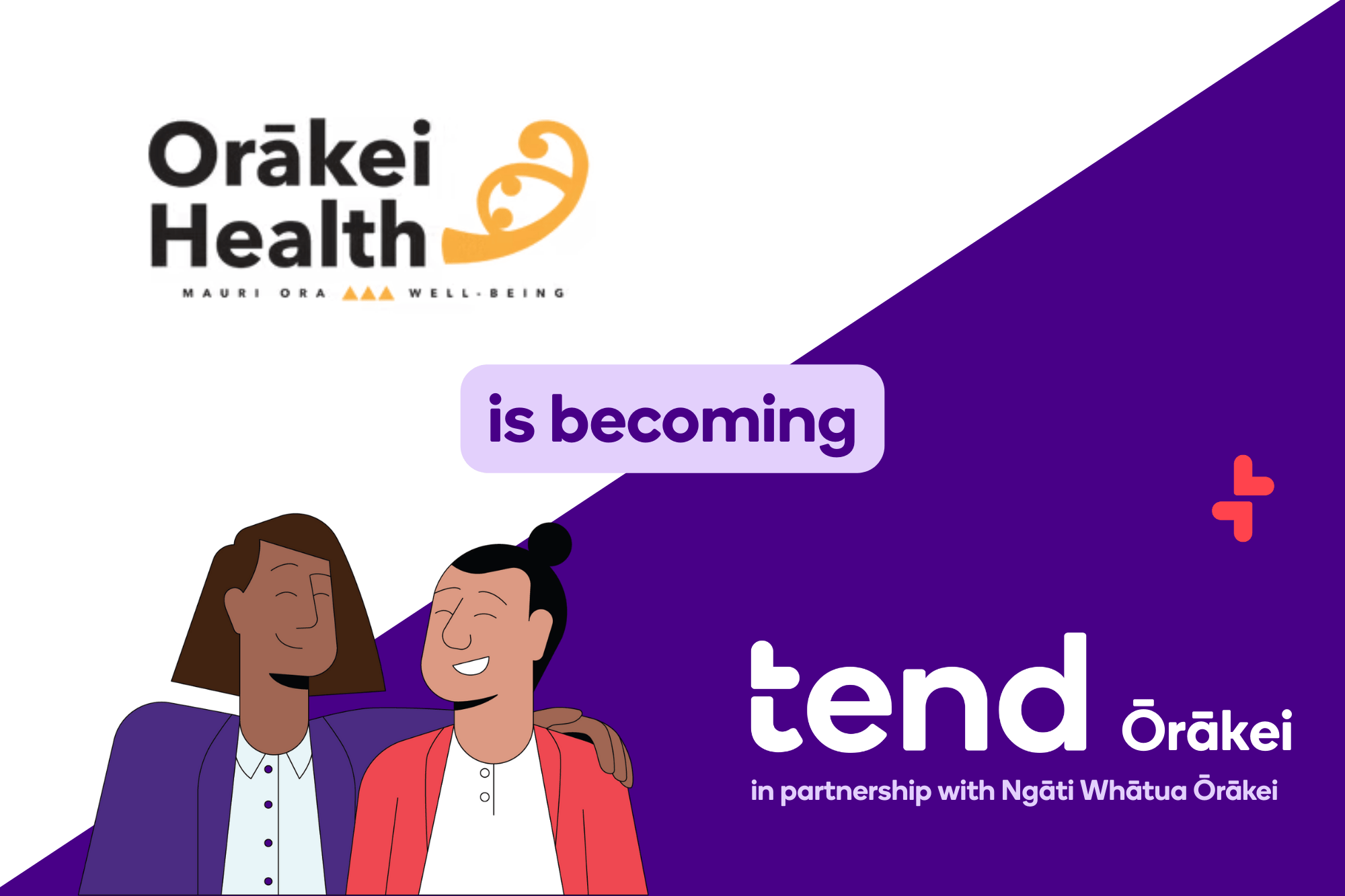
.jpg)
